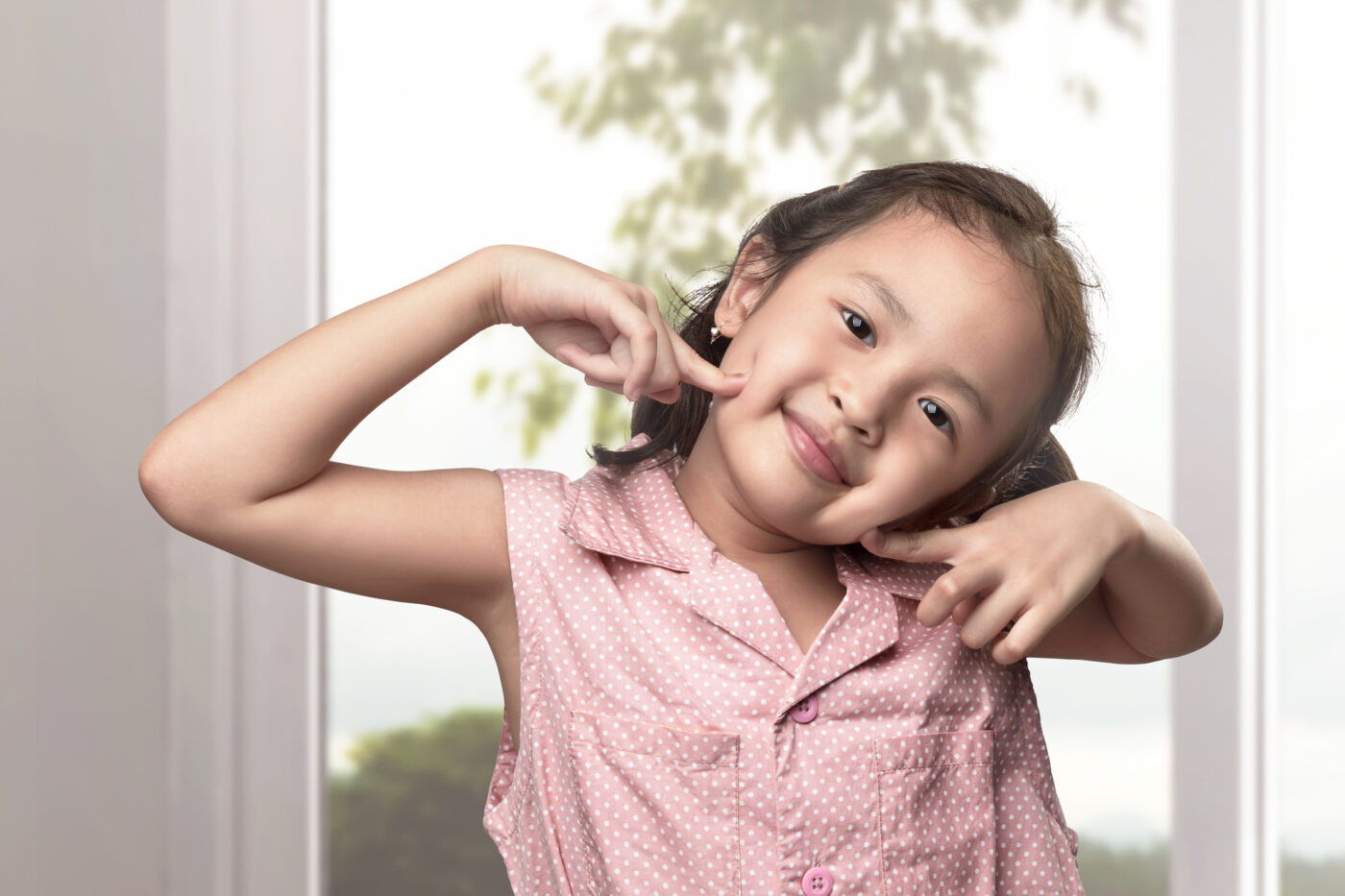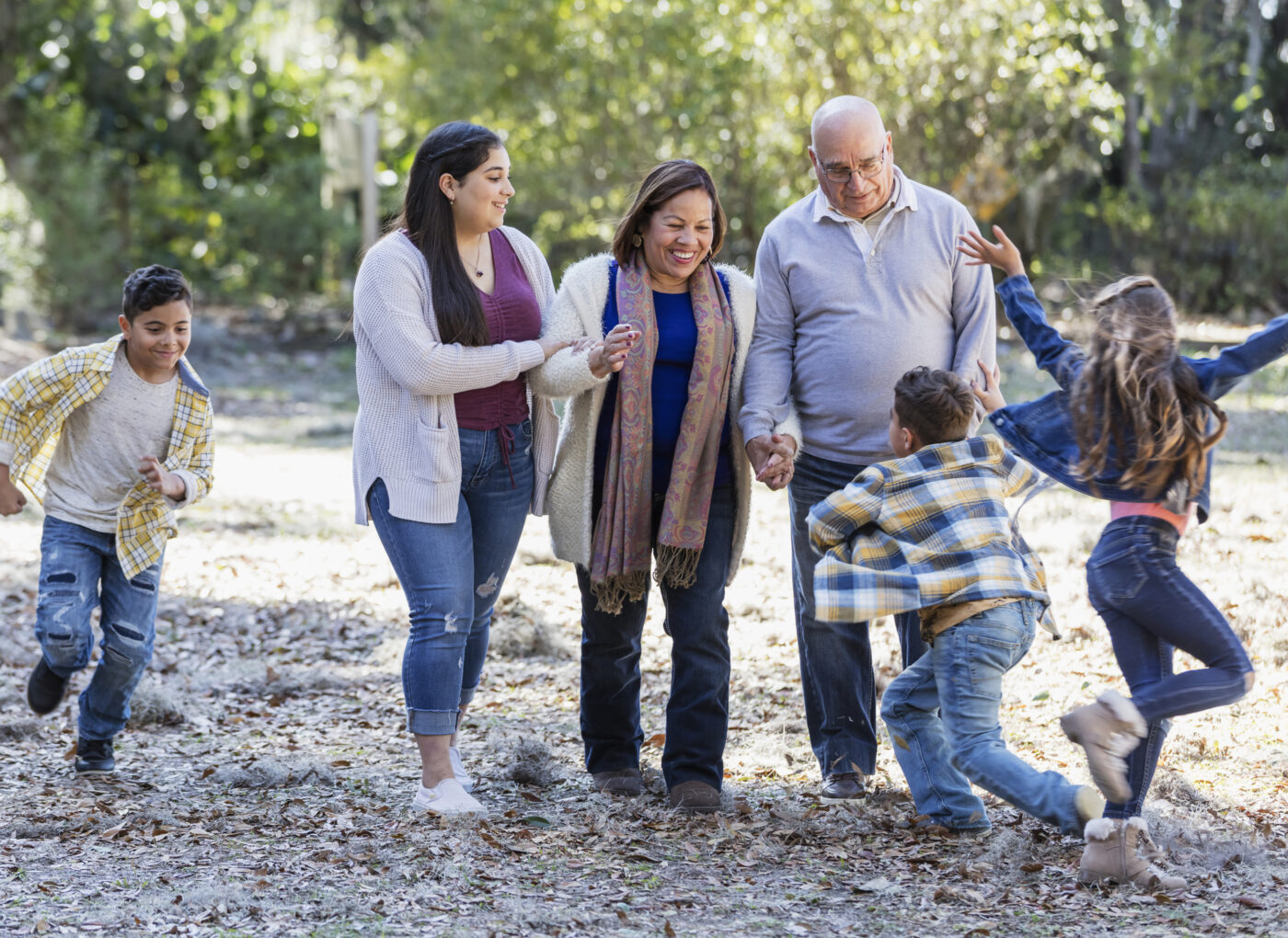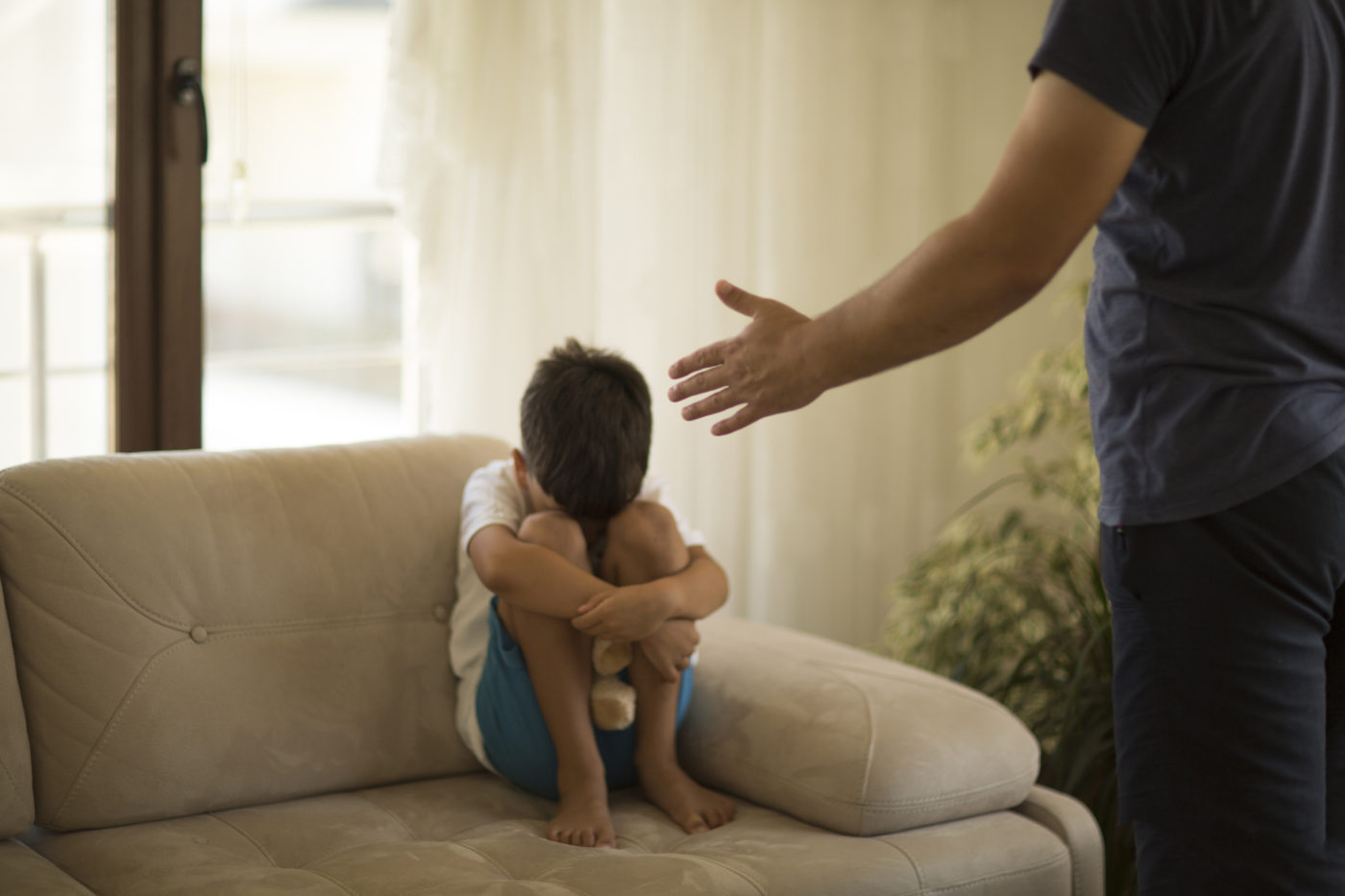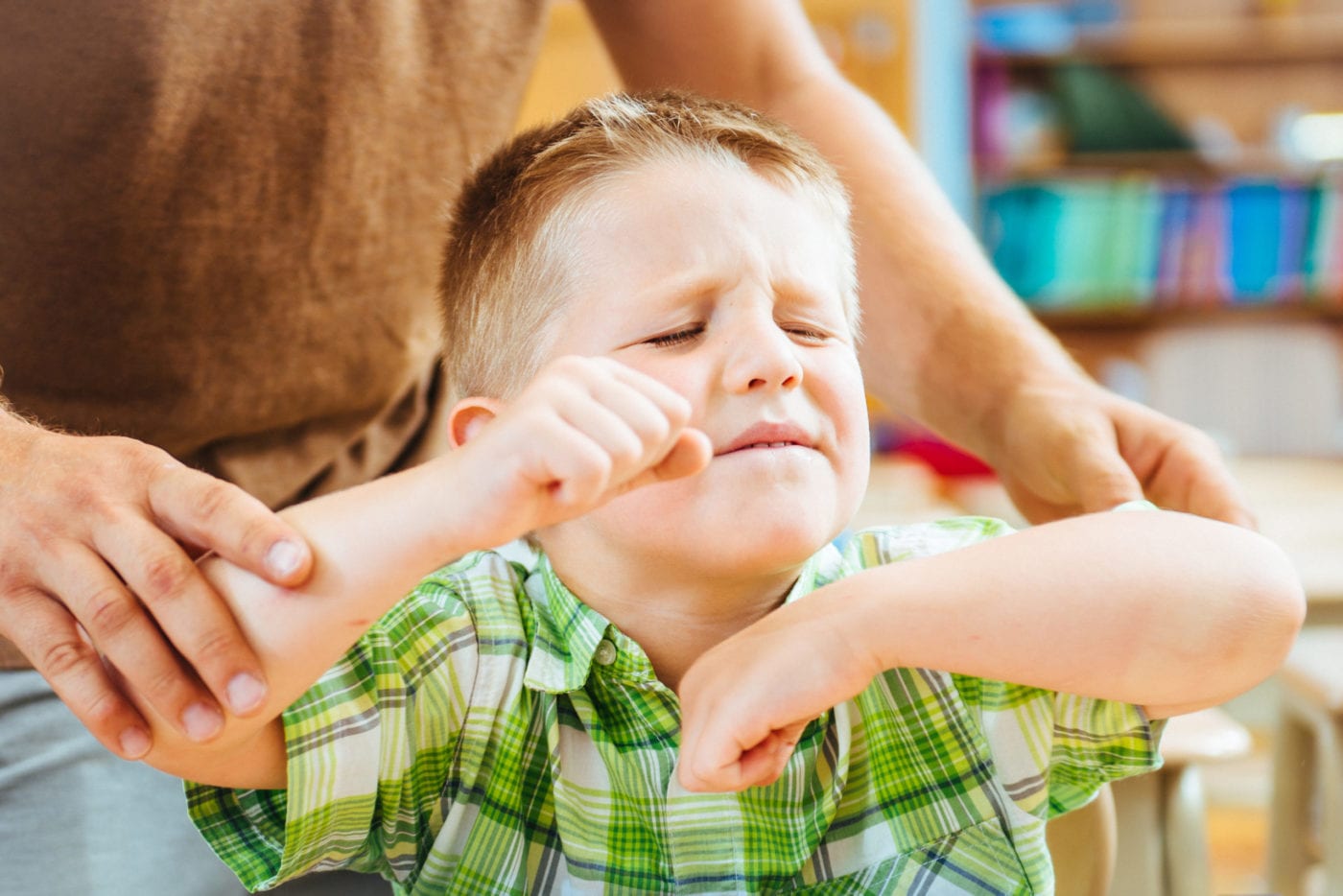The simplicity of the toddler years and the innocence of kindergarten are gone. Second and third graders are operating on a deeper emotional level. Life is more complex now and kids are beginning to navigate frustration with peers, circumstances, and authority figures. It’s all new territory for them and they need an emotional anchor. You get to be that stability.
If it feels like your child experiences very high highs and very low lows, it’s okay. That’s natural. They may cry and yell more than they used to when their moods change. There is nothing abnormal about children who express their emotions this way, even if it looks different from how some peers handle themselves. Kids this age feel deeply about pretty much everything in their lives from music to sports, and hobbies.
They care deeply about people, too. Peer acceptance is more important than ever. They are learning to share and cooperate. They are making new friends and may even have a “best friend.” They may even develop a crush at some point.
One thing to be on the lookout for during second and third grade is comparison. Kids will notice differences in skill, body type, and acumen. Low self-esteem is a natural consequence of assigning labels to themselves and others. You play a role in making sure your children remain confident. Praise their talents and strengths. The things that make them unique are commendable. This will balance their emotions on days when they feel down.
This is a lot. We get that. Sometimes parents feel like they don’t know how to help kids navigate their changing emotions. Start by checking out this video from our Child Development Series today. You’ll learn tips and questions to ask kids to dive deep into what they love, what bothers them, and who is influencing their decision-making. Your child’s emotional development is continuing and how they handle this in-between stage of elementary school will lay a foundation for when puberty arrives in a few short years.











Huddle up with your kids and ask, “Who is your best friend and what do you like about them?”